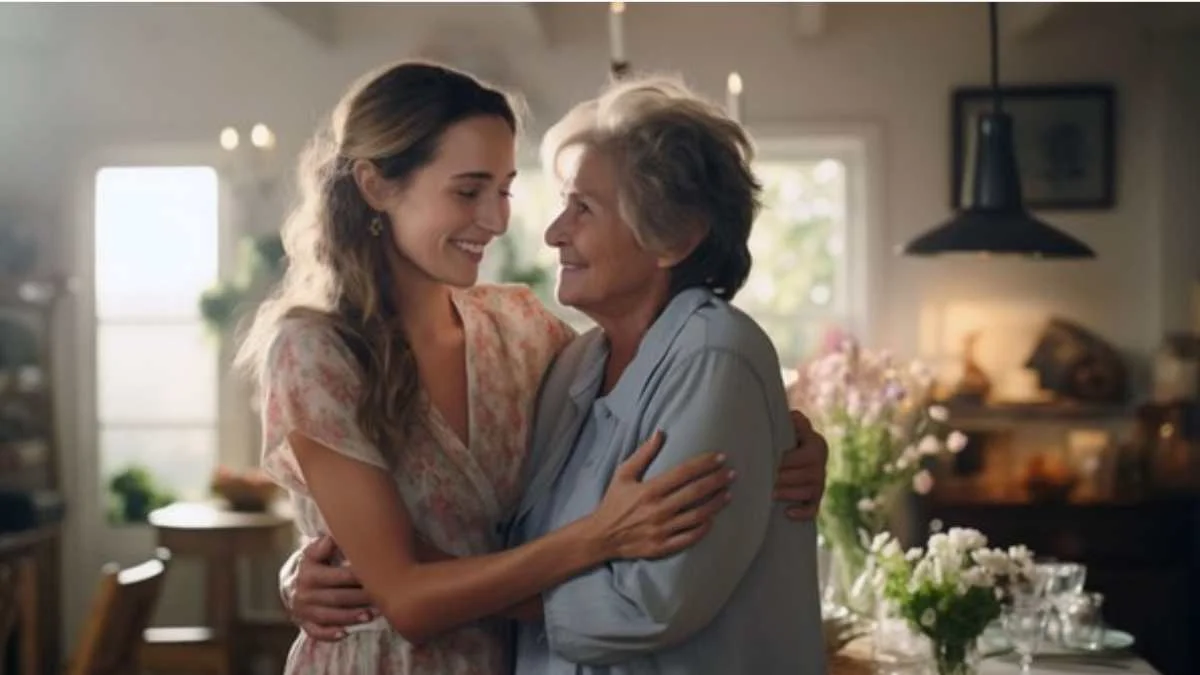HEALTH AND FITNESS
What Hobbies Can Help With Behavioral Change in Seniors?

Altering a senior’s habits is not always easy for their family members. These disturbances involve becoming agitated, aggressive, wandering about, and experiencing mood swings. Even with medication and therapy, participating in fun activities helps to change a person’s actions and feelings. This article investigates how hobbies can benefit the mind and suggests certain activities that help seniors improve their habits.
Table of Contents
Why Hobbies Matter in Managing Behavioral Disturbances
Taking up a hobby is important for people who are experiencing behavioural challenges. It gives seniors an opportunity to express how they really feel and to think of new ideas. Being involved in these activities regularly allows you to stay away from loneliness and isolation, lifts your mood, benefits your mind, encourages you to socialize, and makes you relaxed. Using music is beneficial, as it assists in managing a person’s mood, adding significance, and reducing common moodiness in these illnesses.
Hobbies That Promote Behavioral Change in Seniors
Some useful hobbies for older people facing behavioral disturbances are helping to improve behavior and mental health, and keeping their days organized.
Art and Craft Activities
Painting, drawing, or coloring can be therapeutic for elderly people with behavioral issues. They allow people to focus and reveal their emotions, without interacting too much.
Benefits of art and craft:
- Helps to relax the mind and body
- Makes people pop out from the surroundings.
- Develops the ability to move your hands and eyes together.
For seniors suffering from dementia with behavioral disturbances, these activities can help them release frustration without needing to interact too much.
Gardening
Gardening allows old couples to enjoy nature and feel relaxed. Tending to your plants by planting, providing water, or digging in the soil is good for your mind and soul.
Benefits of gardening:
- Reduces stress and aggression
- Encourages physical movement
- Fosters responsibility and nurturing
Gardening helps many seniors since it includes simple tasks that they can perform comfortably.
Music and Singing
Therapists often implement music therapy in senior facilities, mostly for people with dementia. No matter if you listen, sing, or play songs, music can both keep your memory lively and keep your spirits high.
Benefits of music:
- Makes us recall good times from the past.
- Calms agitation
- Encourages interaction
Using a suitable music playlist can help seniors with behavioral disturbance by easing emotional outbursts.
Puzzle and Memory Games
Games like jigsaw puzzles, crosswords, and memory cards will help challenge the mind and create a sense of achievement. Playing these games helps in supporting the mental ability of senior couples those experiencing the early symptoms of dementia.
Puzzle and Games benefits:
- Promotes mental alertness
- Slows cognitive decline
- Reduces boredom and frustration
Cognitive hobbies, such as puzzles, can assist in calming seniors when they are behaving in ways that worry us.
Gentle Physical Activities
For better health, you can try yoga, chair exercises, or walking, since they’re easy on the body. When you move around, your body can make endorphins that can ease your depression and uneasiness.
Benefits:
- Enhance mood
- Reduces agitation
- Improves the quality of your sleep.
If someone has limited movement or early dementia with behavioral disturbance, they can benefit from these kinds of activities.
Reading or Audiobooks
Taking time to read a book or listen to an audiobook can help you relax. People with visual or mental challenges can make use of audiobooks to stimulate their minds.
Pros of reading:
- Encourages imagination
- Promotes calm
- Gives the mind something to do.
Joining a reading group can lessen the effects of loneliness, which is linked to many behavioral disturbances.
Pet Therapy and Animal Interaction
Interactions with pets or therapy animals have been proven to help older adults reduce their aggression and anxiety.
Benefits include:
- Reduces stress
- Enhances socialization
- Improves mood
Simple daily actions, such as petting a dog, can make seniors with mood swings feel calmer.
How to Introduce Hobbies for Maximum Impact
To assist seniors with behavior changes, try using hobbies that are based on what they liked before. Start slowly and see how they react to understanding what eases their discomfort and what causes them pain. Whenever you can, consider how friends and family can be brought into the experience. A regular schedule can help everyone get into a soothing routine.
Conclusion
Hobbies are extremely important for seniors, specifically for those with dementia with behavioral disturbance that affects them. Taking part in basic activities can ease impatience, lift one’s mood, and help keep emotions under control. Enjoying gardening, art, music, or being around pets is therapeutic and helps people act more thoughtfully.
Engaging seniors with hobbies in their usual routines is a helpful and gentle way for families and caregivers to improve the lives of family members. With time and effort, these activities will become important for caring for someone with dementia.
-

 GENERAL7 months ago
GENERAL7 months agoChristofle – For Those Who Dream of Family Heirloom Silver
-

 SPORTS9 months ago
SPORTS9 months agoDiscover the World of Football with Streameast: Watch Your Favorite Leagues and Tournaments
-

 GENERAL1 month ago
GENERAL1 month agoUncovering the World of кинокрадко: The Dark Side of Film Piracy
-

 GENERAL4 months ago
GENERAL4 months agoATFBooru: Anime, Gaming, and Subculture Imageboard




























